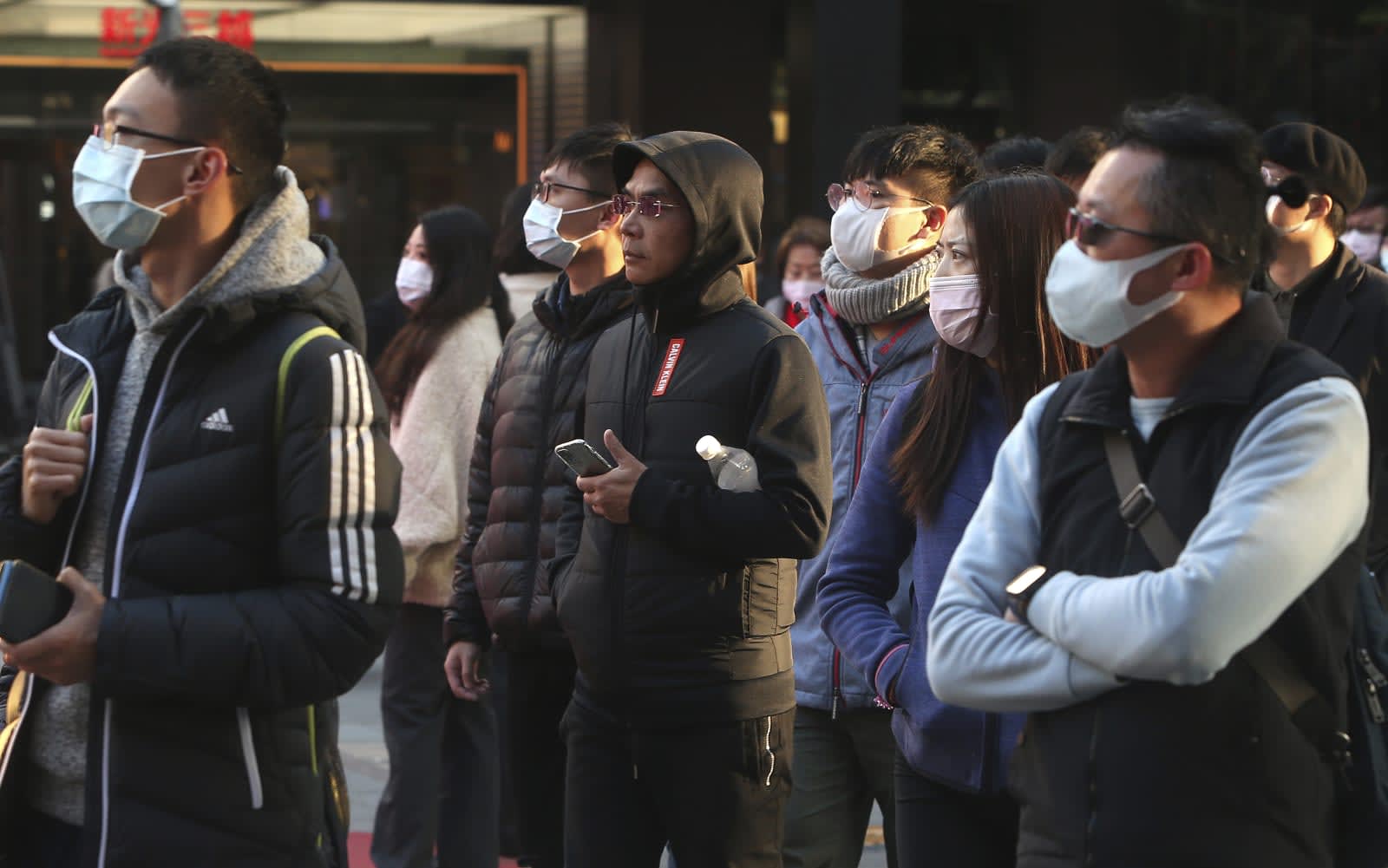
Facebook and Google are fighting coronavirus misinformation
Facebook will remove false content and fake cures.
by Christine FisherGoogle and Facebook are attempting to stay ahead of coronavirus misinformation and to provide users with helpful, accurate resources. Today, Facebook announced plans to flag and remove false information, and Google has created an SOS Alert for coronavirus searches.
Facebook's third-party fact-checkers are reviewing content related to the virus, now deemed a public health emergency by the World Health Organization. When the fact-checkers rate something as false, Facebook will limit its spread and send a notification to people who have shared or are attempting to share that content. Facebook is also removing content that has been flagged by global health organizations for containing false statements or conspiracy theories -- like fake cures such as drinking bleach. It will restrict or block hashtags used to spread misinformation on Instagram, too.
Google's SOS Alert reorganizes Search results to show top news stories, any relevant local results, helpful information from trusted organizations and verified safety tips. The SOS Alert is one of Google's established crisis alert products, and like Facebook's efforts, it's meant to help users access information they can trust quickly and safely.
Facebook is also offering free ad credits to help organizations run coronavirus education campaigns in affected regions, and the company is sharing aggregated and anonymized mobility data and population density maps with researchers at Harvard University's School of Public Health and National Tsing Hua University in Taiwan, so that they can better forecast the spread of the virus.